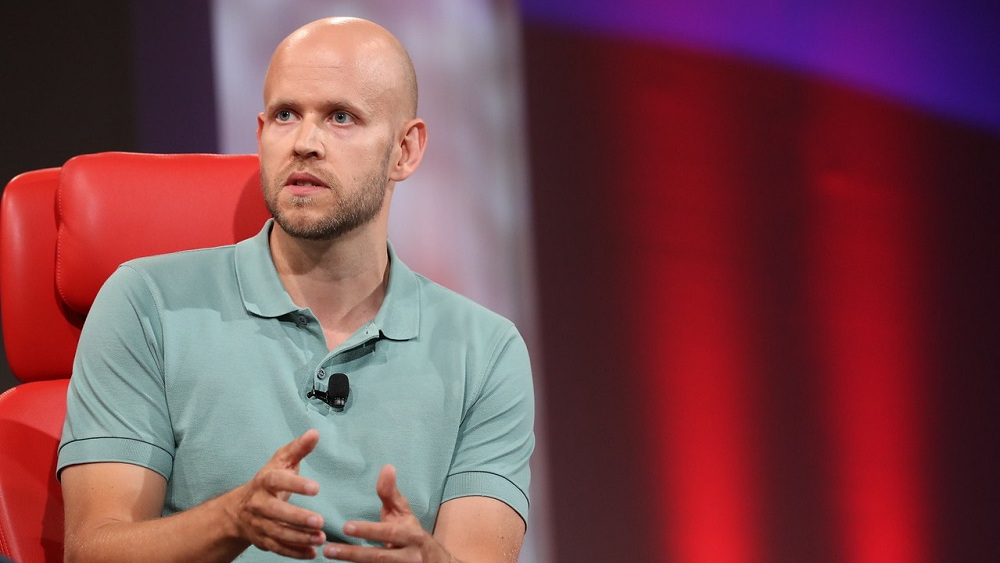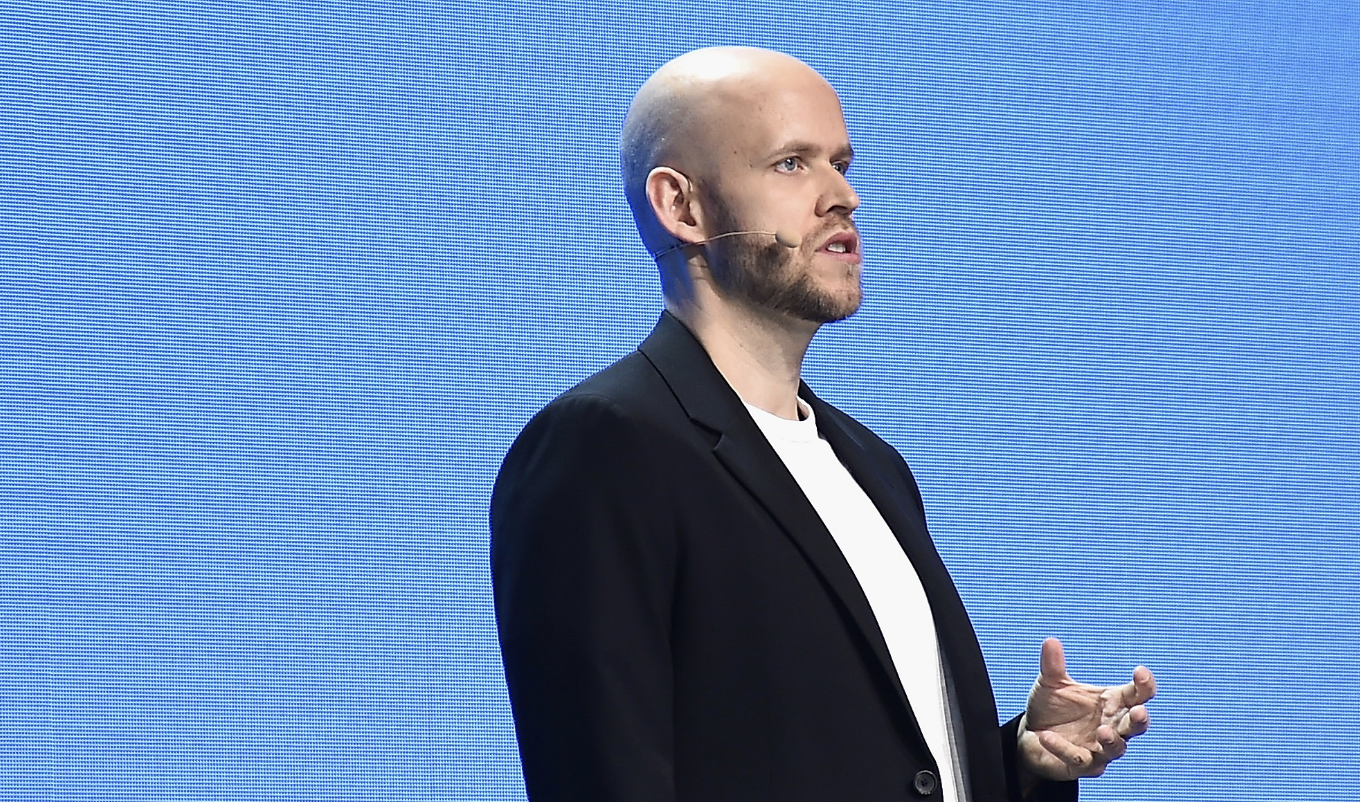‘Let’s not waste a good crisis’: Daniel Ek’s radical message to tech

Spotify founder Daniel Ek used his keynote at the Slush online conference last week to urge the Euro tech community to take risks and push forward to a new era in the European Dream.
His audience was predominantly entrepreneurs, founders, operators, builders and creatives.
The prevailing belief was that the current crisis offers the best opportunity to make radical changes for a better future, for music lovers, for technology, and for society.
At the end of the keynote – which also covered how everyone told him Spotify would never work – he put his money where his mouth was, and declared he was donating €1 billion (A$1.65 billion) from his personal fortune for ground-breaking European startups.
“We all know that one of the greatest challenges is access to capital,” he said.
“That is why I am sharing today that I will devote one billion euros of my personal resources to enabling the ecosystem of builders to achieve this European Dream over the next decade.”
These would be “focussing on the so-called moonshots, focusing on the deep technology necessary to make a significant positive dent, and work with scientists, entrepreneurs, investors and governments to do so”.
Their work will range from machine learning to biotechnology and material sciences to energy.
Ek urged delegates to view these current dark times as the moment to rethink, redesign, and rebuild in radical new ways.
“I believe all the ingredients are there, we just have to put it together and then nourish it.
“We are already seeing an ecosystem grow up around the European startup community, offering new sources of capital and guidance. Entrepreneurship is at the very centre of this.”

When asked about artist royalties, Ek said it’s still early days for Spotify
He ticked off a number of obstacles that could rein in Europe’s tech renaissance.
“We all know the concept of the American Dream, but what’s a lot less defined is the European Dream. It’s not that Europeans are not dreamers,” he said.
“But we don’t define our ambitions the same way and we don’t consider it a foregone conclusion that we’ll achieve them. Let’s not waste a good crisis, as they say.”
He spoke about the calamity which spawned his company back in 2006 in Stockholm, Sweden.
“For Spotify, the crisis we were born from was the imminent collapse of the traditional music industry because of piracy.
“Music was in such a downward spiral with the industry losing so much value that it was hard to imagine a way forward. Everyone told me it [Spotify] was never going to work.
“So when I started it, I had a pretty simple goal – offer a music service that was a better experience than piracy, but one which gave artists the opportunity to live off their art.
“Simply put, I had to create a music experience worth paying for even when the competition was free. That is still the mission today,” he confirmed.
“While COVID-19 is certainly painful to many artists, the truth is that the music industry is back to growth again, and more artists than ever are being paid for their art.”
In a question from the audience after about the platform’s low royalty rate, Ek responded it was still early days for streaming.
This year, Spotify’s value rose to US$50 billion, with 138 million premium subscribers in 92 countries, and 299 million monthly active users, according to Investopedia.
In Q2 2020, which ended June 30 this year, revenue rose 13.3% to €1.9 billion (A$3.14 billion).

Spotify went public in 2018 via a direct listing on the New York Stock Exchange
Ek believes it’s still early days for Spotify: “But we’re not stopping there.
“We’re more determined than ever to continue delivering on our mission to connect creators and fans to deliver an audio experience unlike any other, so even more artists can live off their art and even more people enjoy it.
“So in essence, the story of Spotify is, if I summarise it, it’s about dreaming big, be willing to take long bets and not to disrupt but to think win-win with all stakeholders in mind.
“I think therein lies the cornerstone to the European dream.”
Slush’s whitepaper Entrepreneurship Redefined emphasised that in the past decade, Europe’s super-companies were led by Spotify, Adyen, and Supercell.
Over 170 European tech companies have tipped the US$1 billion mark, with record investments, and interest from Asian and US investors.
“Despite the ingredients we have in Europe, we are still not realising our full potential,” Ek added..
“Our thinking can be too short-term, and we tend to be hesitant to take the risks involved in sticking it out on our own and embracing the unknown.
“Time and again we see our brilliant entrepreneurs handing over their companies to the largest bidder before their ideas have even been fully realised– indeed before they have time to evolve into something even more promising.
“Too often we see all the well-educated talent I’ve spoken about in a mass exodus to the US.”






























